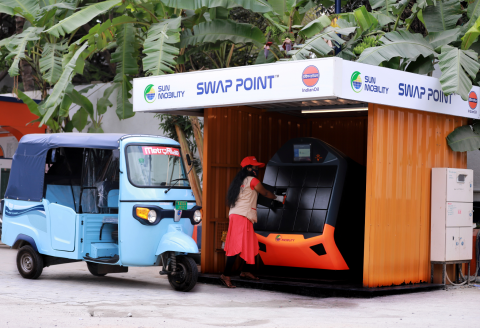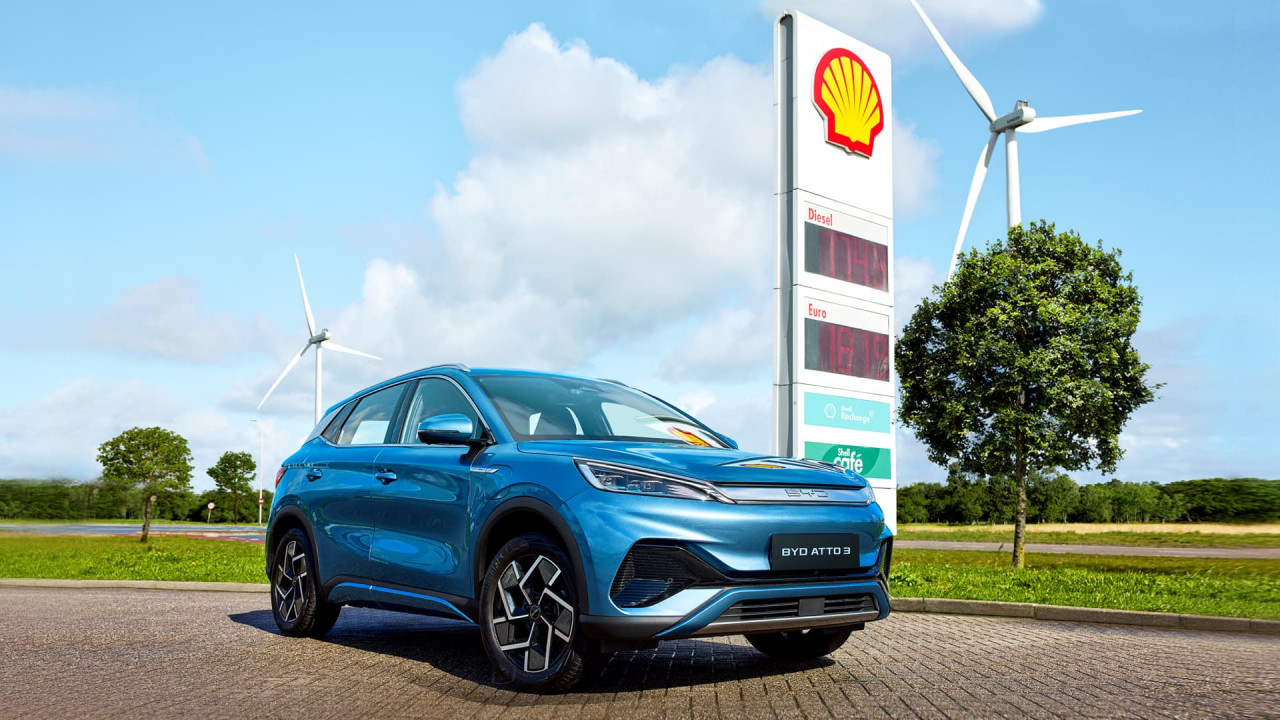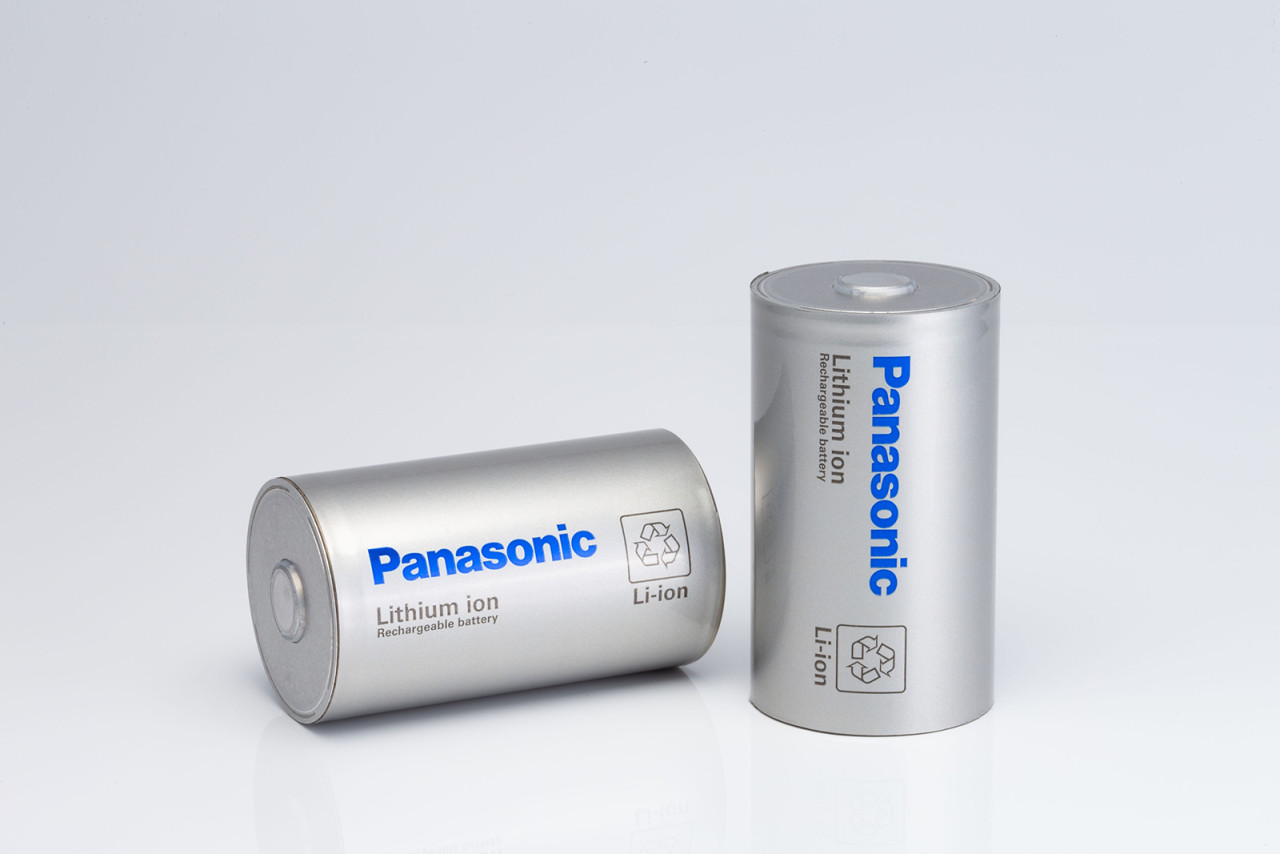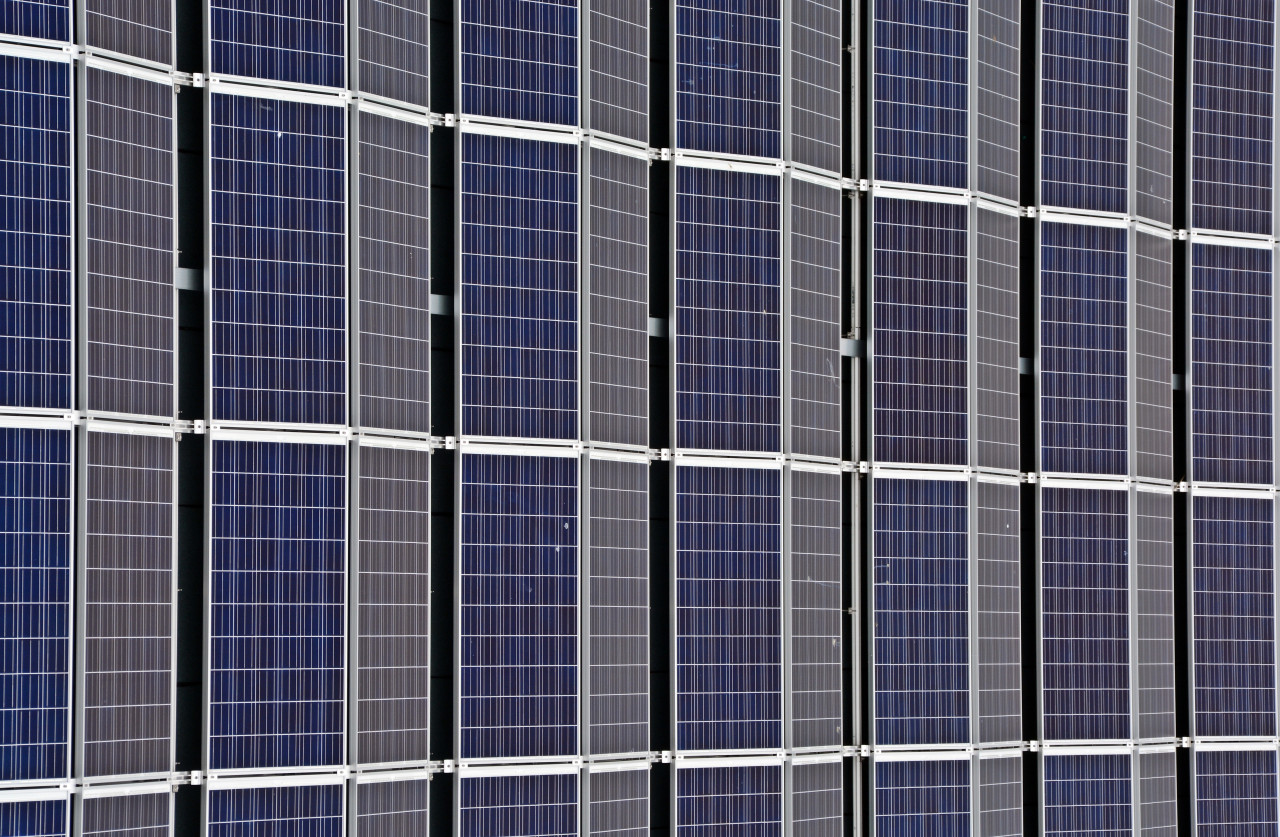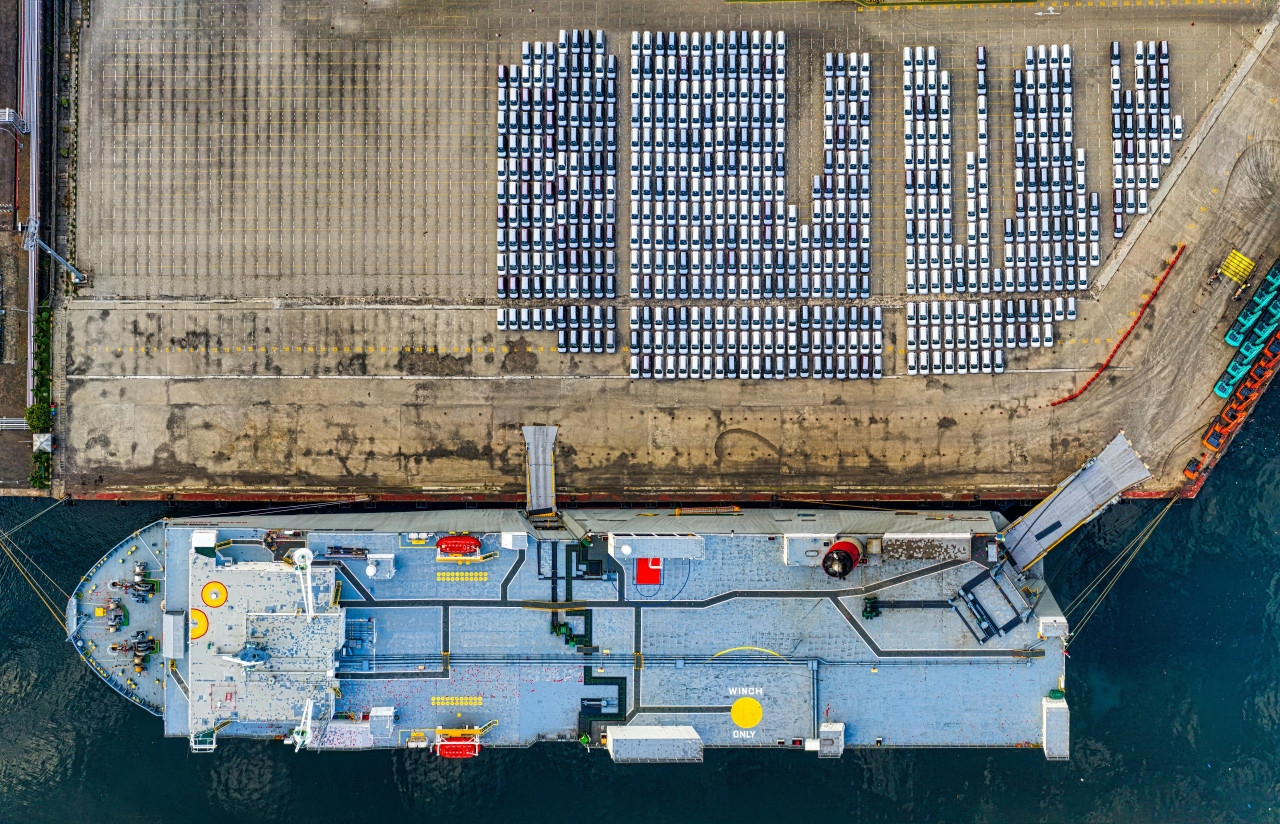Eye on EV Charging: In China and Japan, charging networks are largely collaborative affairs
Well distributed and easy-to-access charging networks will be a vital factor for faster adoption of e-mobility. The networks need to provide fast, reliable and sustainable charging to enable seamless travel while assuaging range anxiety concerns. This series by Gurusharan Dillon* looks at the global market situation to glean insights into how charging ecosystems are developing across the world.
CHINA: Tesla is present, but isn't king
With the largest EV network in the world, China is definitely a very important market when it comes to charging.
Synchronous with what it is doing globally, Tesla in April 2023 opened 10 Supercharger stations in Beijing and Shanghai for 37 different electric vehicle models. Like Europe, in China, Tesla uses the Chinese standard connector, facilitating easier open access.
In mainland China, around 37 models will be able to use Tesla's chargers, including vehicles from Aiways, BMW, Porsche, BYD, Dongfeng, Ford, Geely, Zeekr, Polestar, Nio, Volvo, XPeng and more.
China's largest EV vehicle charging station company, Teld New Energy (parent company T Good Electric), has partnered with more than 70 automakers, including BYD, BMW, Audi China, NIO, and XPeng, in a variety of areas, including charging rights and the establishment of branded stations.
Interestingly, the second largest player is State Grid Corporation of China (SGCC) which is a state-owned electric utility corporation. The third largest player, Star Charge, has formed strategic partnership with almost 60 auto OEMs worldwide, including Mercedes-Benz, Porsche, BMW, Jaguar Land Rover, and Volkswagen among international OEMs, and BYD and BAIC among domestic OEMs.
BYD and Shell JV:
In March 2022, BYD -- the world's largest new energy vehicle maker -- and Shell signed a strategic cooperation agreement to help accelerate the energy transition and improve charging experiences for EV customers. The partnership will start in China and Europe and then extend to other regions across the globe.
In China, the joint venture currently operates more than 13,000 charge points in Shenzhen. As part of the partnership, BYD and Shell have also opened the world's largest EV charging station in Shenzhen, China, with 258 DC fast charging points.
JAPAN: Betting on swappable batteries from the beginning
Japanese automakers Toyota, Nissan, Honda and Mitsubishi together with Development Bank of Japan and energy companies Tepco and Chubu had jointly formed a company called Nippon Charge Service in 2014. In 2021, e-Mobility Power Co entered into an absorption type company split agreement with Nippon Charge Service and will continue work on the partnership moving forward.
European carmakers Porsche and Audi are building a premium charging alliance business partnership in Japan to expand their 150 kW charging network.
Suzuki Motor Corp has signed an MoU with the Tokyo-based PowerX Inc, which manufactures and sells battery energy storage systems, to start exploring business partnership opportunities for battery energy storage systems and EV chargers in Japan and India.
Japanese leasing company Orix, in partnership with Ubiden (funded by Soft Bank), plans to install 50,000 charging stations by 2025, close to one-third of Japan's total charging network.
Swappable Battery Motorcycle Consortium (SBMC):
In 2019, the Japanese Big Four — Honda, Yamaha, Suzuki and Kawasaki — formed a swappable battery consortium.
While the first consortium did not make significant progress, in 2021, a second consortium consisting of Honda, Yamaha, KTM and Piaggio was formed. This consortium is called the SBMC (Swappable Battery Motorcycle Consortium) and it rolled out its first demonstration of a co-designed battery standard, with a battery that Honda developed for its electric battery that Honda developed for its electric scooter.
The consortium has grown rapidly and SMBC members list now comprises companies such as AVL, Ampace, Ciklo, CFMoto, Dellorto, FIVE, Forsee Power, Greenway, Hioki, Honda, Hyba, Infineon, Kawasaki, KTM, KYMCO, Keeway, LG, Mitsuba, Niu, Piaggio, Polaris, Quantum Volts, Roki, Samsung, Sinbon, SMobery, Sumitomo Electric, Suzuki, Swobbee, Segway-Ninebot, Triumph, Vitesco, VeNetWork, Voltaira and Yamaha.
Interestingly, member companies are both manufacturers of two-wheeler electric vehicles as well as technology companies that can benefit from a single standardized energy pack.
*The writer is Director of E-Mobility Consulting at Customized Energy Solutions India.
